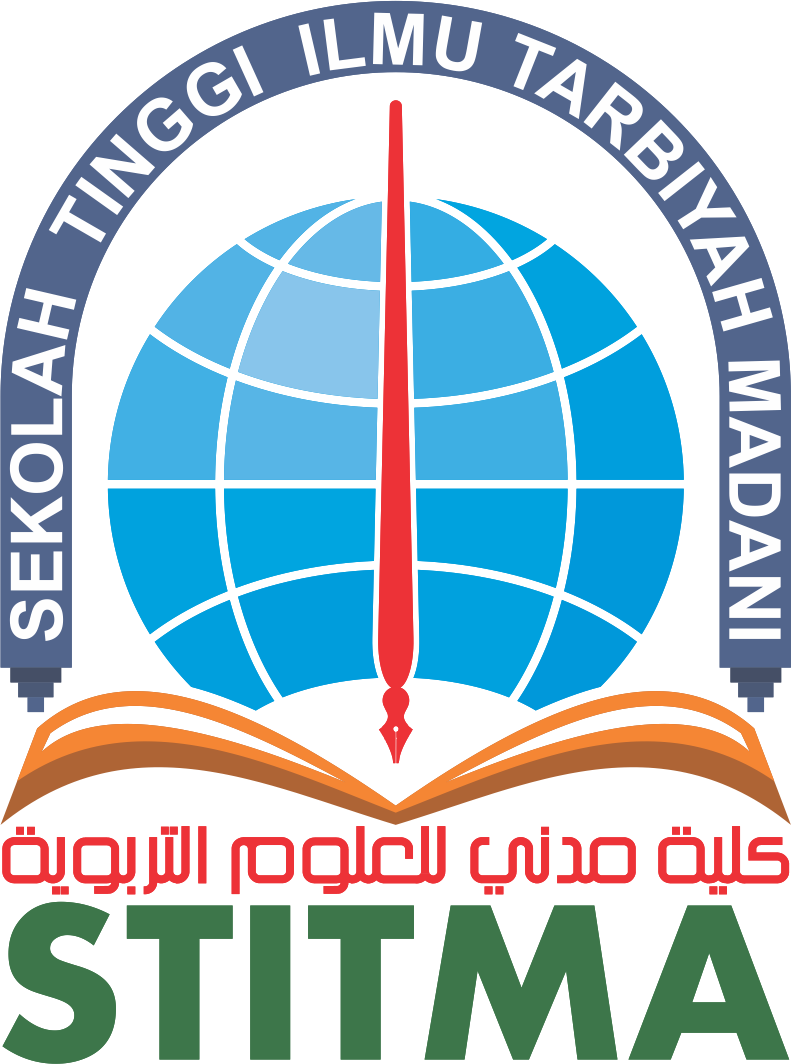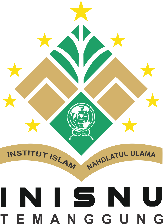Exploring the Role of Culturally Responsive Pedagogy in Promoting Equity Across Diverse Educational Environments
DOI:
https://doi.org/10.59944/postaxial.v3i2.445Keywords:
Culturally Responsive Pedagogy, Equity in Education, Student Engagement, Academic Achievement, InclusivityAbstract
This study explores the role of Culturally Responsive Pedagogy (CRP) in promoting equity, student engagement, academic achievement, and inclusivity in diverse educational environments. Through a combination of classroom observations, student and teacher interviews, and focus groups, the research investigates how CRP practices influence students' academic performance, participation, and sense of belonging. The findings reveal that CRP significantly enhances student engagement, particularly among students from marginalized backgrounds, by making learning more relevant to their cultural identities. Furthermore, CRP contributed to improved academic outcomes, particularly in reducing achievement gaps between minority and low-income students. The study also highlights the positive impact of CRP on teacher-student relationships and the overall school climate, fostering an inclusive environment where students feel valued and respected. This research underscores the importance of integrating culturally responsive practices into teaching and policy to promote equity and inclusion in education.
References
Banks, J. A. (2009). Multicultural education: Issues and perspectives. Wiley.
Barton, P. E., & Coley, R. J. (2010). The Black-White achievement gap: When progress stopped. Educational Testing Service.
Braun, V., & Clarke, V. (2006). Using thematic analysis in psychology. Qualitative Research in Psychology, 3(2), 77-101.
Creswell, J. W. (2014). Research design: Qualitative, quantitative, and mixed methods approaches (4th ed.). Sage Publications.
Denzin, N. K. (1978). The research act: A theoretical introduction to sociological methods (2nd ed.). McGraw-Hill.
Fitrianto, I. (2019). ماليزيا بجامعة دار السلام كونتور العام: KUISتنفيذ الدورة المكثفة في اللغة العربية لطلاب الكلية الجامعية الإسلامية العالمية بسلانجور 2018 (Doctoral dissertation, University of Darussalam Gontor).
Fitrianto, I. (2024). Critical Reasoning Skills: Designing an Education Curriculum Relevant to Social and Economic Needs. International Journal of Post Axial: Futuristic Teaching and Learning, 245-258.
Fitrianto, I. (2024). Innovation and Technology in Arabic Language Learning in Indonesia: Trends and Implications. International Journal of Post Axial: Futuristic Teaching and Learning, 134-150.
Fitrianto, I. (2024). Strategi Guru Pai Dalam Mengatasi Kesulitan Belajar Pada Mata Pelajaran Hadis Kelas 8 MTS Ibadurrahman Subaim. IJER: Indonesian Journal of Educational Research, 356-363.
Fitrianto, I., & Abdillah, F. M. (2018). MODEL PEMBELAJARAN PROGAM PEMANTAPAN BAHASA ARAB DAN SHAHSIAH (KEMBARA) KE 4 MAHASISWA KOLEJ UNIVERSITI ISLAM ANTAR BANGSA SELANGOR (KUIS) TAHUN 2018. University of Darussalam Gontor 15-16 September 2018, 121.
Fitrianto, I., & Saif, A. (2024). The role of virtual reality in enhancing Experiential Learning: a comparative study of traditional and immersive learning environments. International Journal of Post Axial: Futuristic Teaching and Learning, 97-110.
Fitrianto, I., Al-Faruqi, M. R., & Hanifah, N. A. (2025). The Contributions of Ibn Malik to Arabic Language Education: A Historical and Pedagogical Analysis. IJAS: International Journal of Arabic Studies, 2(1 March), 1-11.
Fitrianto, I., Hamid, R., & Mulalic, A. (2023). The effectiveness of the learning strategy" think, talk, write" and snowball for improving learning achievement in lessons insya'at Islamic Boarding School Arisalah. International Journal of Post Axial: Futuristic Teaching and Learning, 13-22.
Fitrianto, I., Setyawan, C. E., & Saleh, M. (2024). Utilizing Artificial Intelligence for Personalized Arabic Language Learning Plans. International Journal of Post Axial: Futuristic Teaching and Learning, 30-40.
Gay, G. (2010). Culturally responsive teaching: Theory, research, and practice. Teachers College Press.
Huda, E. A., & Layalin, N. A. (2023). Nrimo In Pandum: Description of Javanese Self-Acceptance After the Family Died. International Journal of Research Publication and Reviews, 4(7), 1989-1993.
Julkifli, J., Mastur, M., & Fitrianto, I. (2025). Julkifli, Ibnu Fitrianto Metode Langsung (Thaîqah Mubãsyarah) Dalam Pembelajaran Bahasa Arab di Pondok Pesantren Bin Baz Yogyakarta. Jurnal Al-Fawa'id: Jurnal Agama dan Bahasa, 15(1), 158-173.
Krueger, R. A., & Casey, M. A. (2014). Focus groups: A practical guide for applied research (5th ed.). Sage Publications.
Ladson-Billings, G. (1994). The dreamkeepers: Successful teachers of African American children. Jossey-Bass.
Ladson-Billings, G. (1994). The dreamkeepers: Successful teachers of African American children. Jossey-Bass Publishers.
Layalin, N. A. (2021). Pengaruh efikasi diri terhadap intensi berwirausaha pada mahasiswa Fakultas psikologi Universitas Islam Negeri Maulana Malik Ibrahim Malang yang berwirausaha (Doctoral dissertation, Universitas Islam Negeri Maulana Malik Ibrahim).
Layalin, N. A., & Fasikhah, S. S. (2023). Menggali kekuatan karakter: conscientiousness berperan pada orientasi masa depan dan keputusan karir siswa SMK. Psychological Journal: Science and Practice, 3(2), 177-183.
Nieto, S. (2004). Affirming diversity: The sociopolitical context of multicultural education. Pearson.
Patton, M. Q. (2002). Qualitative research and evaluation methods (3rd ed.). Sage Publications.
Rubin, H. J., & Rubin, I. S. (2012). Qualitative interviewing: The art of hearing data (3rd ed.). Sage Publications.
Villegas, A. M., & Lucas, T. (2007). The culturally responsive teacher. In Handbook of research on multicultural education (pp. 126-148). Jossey-Bass.
Villegas, A. M., & Lucas, T. (2007). The culturally responsive teacher: How to support all students in your classroom. Teachers College Press.






